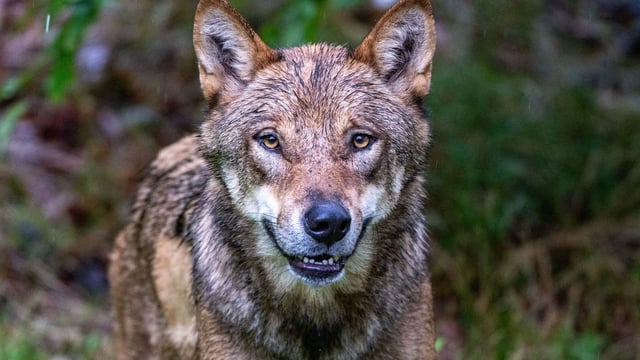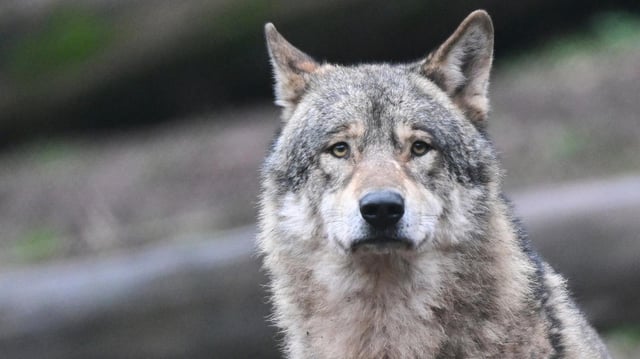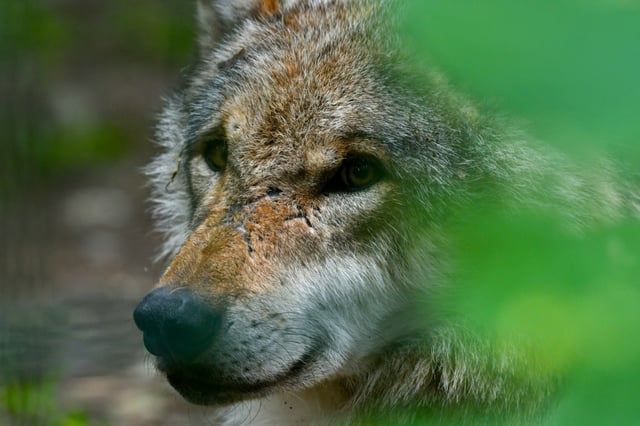Overview
- The federal government for the first time notified Brussels that the wolf population in the Atlantic biogeographical region meets EU criteria for a favorable conservation status
- Officials submitted an “unknown” status for the continental biogeographical region pending agreement on a new, jointly developed assessment methodology
- The report is based on 2022/23 monitoring data, which the German Hunting Association and several states say fails to reflect three subsequent generations of wolf pups
- Coalition leaders plan to include wolves in the Federal Hunting Law to govern their management after the EU downgraded the species from “strictly protected” to “protected”
- Environmental groups and states such as Bavaria are calling for a nationwide reevaluation, warning that subnational splitting risks politicized decisions and may breach EU conservation rules



